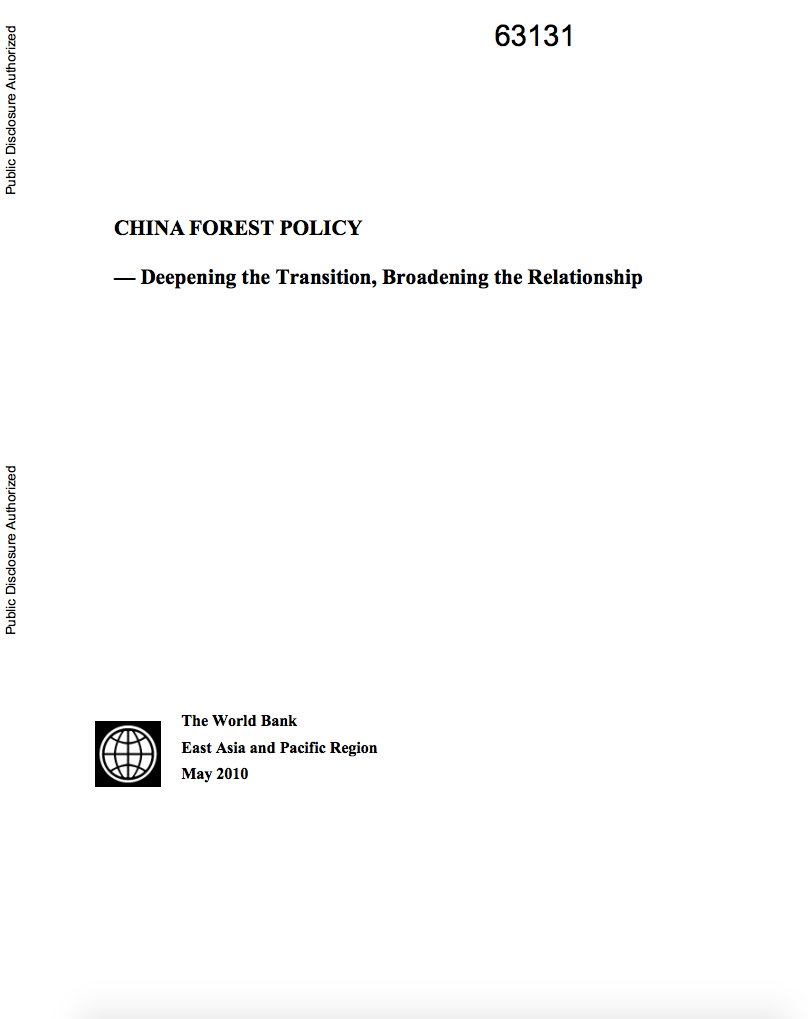Identifying and Working with Beneficiaries When Rights Are Unclear : Insights for REDD+ Initiatives
Expert statements indicate that annually
approximately 20 billion dollars will be needed to prevent
90 percent deforestation in tropical countries. Development
practitioners are eager to see the benefits from REDD plus
initiatives shared with local partners. Equally important to
understanding how local partners might benefit are questions
such as, who should derive benefits from REDD plus
initiatives, and how to ensure these initiatives reach the


